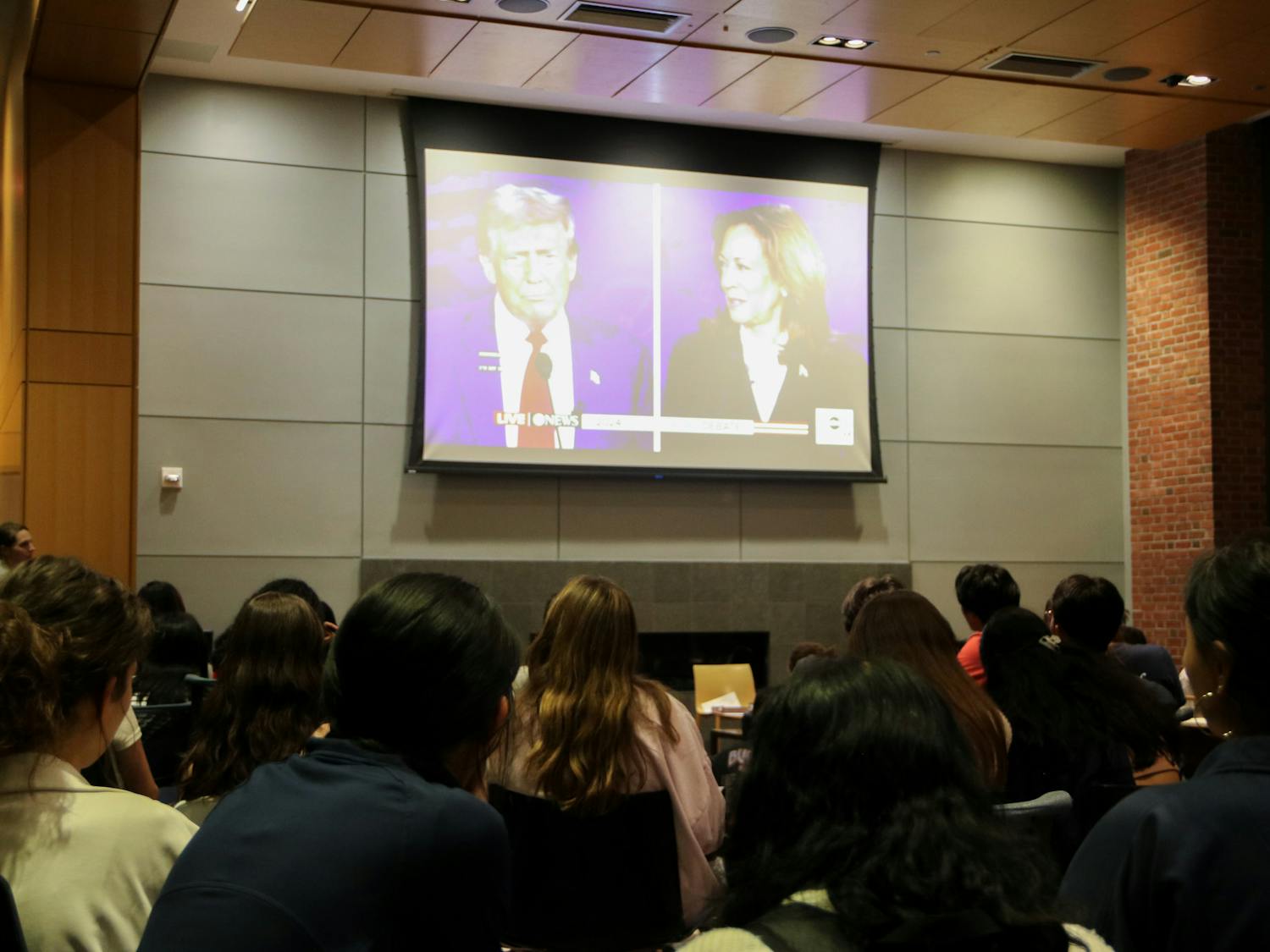When I was young, I would listen with awe as my family described the historical landmarks of their younger days. My dad would reminisce about how '60s activist group SDS stormed University Hall and how his prom date had to wake her father up late at night to inform him that his boss, Robert Kennedy, had just been shot. My mom would joke about getting lost in the Eastern Bloc as an American during the Cold War. My aunt still never misses a chance to kvell about Woodstock.
They, like all children of electrifying times, are wedded to their generation. The famous psychoanalyst Peter Loewenberg even proposed a historical unconscious, the idea that momentous social events could affect and even define the collective identity of those who live through them. There’s got to be some truth to that — our shared experiences matter to us greatly. Perhaps that’s one of the reasons I always found history so fascinating: The witness tells the story, but the story, to some extent, also tells the witness.
I used to grimace and ask myself what stories my generation would be remembered for. So far, we had Bush and the Iraq War — not exactly bragging rights.
Then came that fleeting insurrection in 2011, when a flood of disgruntled lefties took to the streets (and blogs) across the country to fight for change. Despite its short lifespan, it certainly made an impression. People eagerly heralded it as the cultural revolution of our time. The baby boomers had hippies; millennials had the Occupy movement.
Penn was an especially interesting place to be amid the rapture. Ours was a liberal university with a heritage of political and social progressivism. It was also home to the best, most prestigious undergraduate business program in the country. I remember one precious, blue-blooded Brooks Brothers reject chanting “Go Wharton! We are the one percent!” as he passed demonstrators in front of Huntsman Hall. While few were quite so churlish, many of us did feel a tense ambivalence.
After so many months, the world moved on. Talk of the 99 percent drifted back into the ether, in the words of T.S. Eliot, not with a bang, but a whimper.
To be sure, there were serious fault lines in the movement. Perhaps its Achilles heel was its lack of clear direction — what or whom were we occupying, exactly? The establishment? Goldman Sachs? “Intro to Accounting”?
Occupy lacked the intellectual backbone of our parents’ revolution. At least SDS had Harvard — this was just a hodgepodge of hipsters failing even to heed Lenin’s warning, bent more on rebellion for rebellion’s sake than on real collaboration. Without a Mario Savio to represent it maturely and with poise, Occupy was difficult to take seriously as a legitimate attempt at social upheaval.
To top it all off, the world had simply given up on their vision. Convinced that we had “won” the Cold War, we grew content with capitalism, settled into the nineties and lost our imagination. These most recent revolutionaries were trying to stir a class consciousness that had already ceased to exist. (It’s been said that if Marx were alive today, he would be fighting to secure better parking spaces for the American proletariat.)
It’s easy to sneer at the Occupy movement in retrospect, to chuckle at their naivete. But for all their fatal flaws, they cared about change. They were fueled by a genuine and admirable sense of injustice, and they yearned for something to be done. They were angry, but their anger was righteous.
Perhaps we in the Ivory Tower simply weren’t angry enough. We were intrigued by the prospect of change — of possibly having a revolution to call our own. But the whole thing felt too childish to us, and we couldn’t cast off that pretense of dispassionate maturity that seemed becoming of the best and brightest.
We criticized the occupiers for their lack of sophistication, but how much more out of touch were they than the Friedmanites and Tea Partiers who outlasted them? After all, the Invisible Hand won’t always come to the rescue. The occupiers might have been brash and impetuous, but among students for whom majoring in econ almost inevitably equates to becoming libertarian and the Market is worshiped as an excuse for moral passivity, I can’t help but miss them.
I still haven’t entirely let go of the underclassman who witnessed it, either. He was an idealistic sophomore who sought to untangle the world’s conundrums by shooting from the hip. As much as I distance myself from him, I can’t resist reaching into the past every now and then, grasping at vapors of that young man in hopes of stealing back a little nerve. He refused to be discouraged or take “that’s just the way things are” for an answer.
I can at least give him that.
Jonathan Iwry is a College 2014 graduate from Bethesda, Md., who studied philosophy. His email address is jon.iwry@gmail.com.








